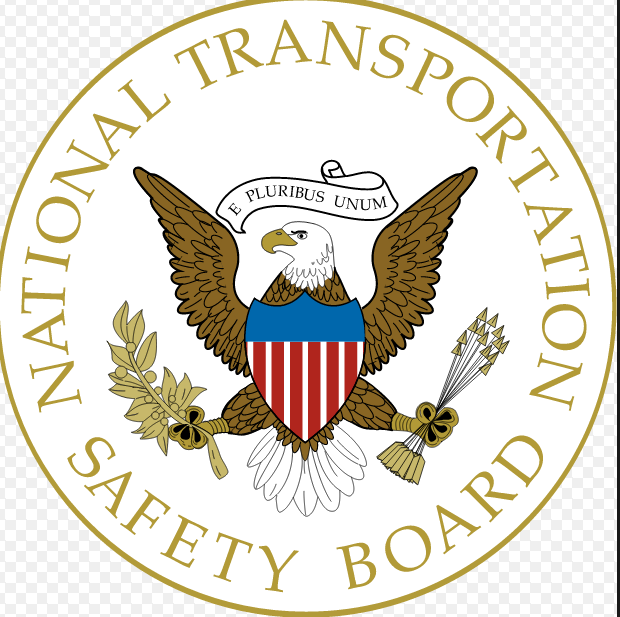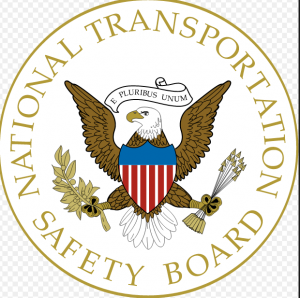
NTSB Makes Urgent Call for Direct Federal Safety Oversight of WMATA
 The National Transportation Safety Board today issued two urgent safety recommendations calling for direct federal safety oversight of Washington’s Metrorail system by the Federal Railroad Administration.
The National Transportation Safety Board today issued two urgent safety recommendations calling for direct federal safety oversight of Washington’s Metrorail system by the Federal Railroad Administration.
In its ongoing investigation into the January 12th, smoke and electrical arcing accident in a tunnel near the L’Enfant Plaza Metro Station in Washington, D.C., the NTSB examined the safety oversight of the Washington Metropolitan Area Transit Authority’s rail operations in an investigative hearing on June 23. The NTSB found little improvement in WMATA’s safety oversight since the 2009 Metrorail accident in Fort Totten that killed nine people.
Testimony at the hearing confirmed that the present oversight body, the Tri-State Oversight Committee (TOC) relies on WMATA to respond to any safety concern, finding or recommendation. The TOC lacks the power to issue orders or levy fines and has no regulatory or enforcement authority.
The Federal Transit Administration, which primarily relies on state safety oversight agencies such as the TOC to fill the oversight role at the state level, has said that the TOC “falls far short” in its role.
“There is now a lack of independent safety oversight of Metrorail,’’ said NTSB Chairman Christopher Hart. “This is an unacceptable gap in system safety.”
In its safety recommendation letter to the Secretary of Transportation, the NTSB said that in the past 33 years, it had launched 11 investigations of WMATA rail accidents that had killed 18 people. Many of those investigations involved WMATA’s inadequate management of safety operations.
The NTSB has asked the U.S. Department of Transportation to seek authority from Congress to designate WMATA a “commuter authority,” so the Federal Railroad Administration can exercise direct safety oversight. The NTSB also asked for DOT to implement a plan to transition oversight from the TOC to the FRA within six months from the date such authority is granted.
The FRA currently regulates passenger, freight and commuter railroads, including seven urban rail systems in the Mid-Atlantic and Northeast U.S. that have been designated as “commuter authorities.”
Maryland, Virginia, and the District of Columbia proposed last year that a new body replace the TOC. However, even if this new entity were capable of more robust oversight, it could not be stood up for several years, according to a white paper referenced by the jurisdictions.
The NTSB recommends the change in oversight because the FRA, unlike the TOC, has robust regulatory and enforcement powers, allowing it to more effectively address hazards and improve the overall safety of WMATA’s rail operations.
“The FRA has rules today. The TOC has none. The FRA has hundreds of highly trained professional railroad inspectors. The TOC has no inspectors,” said Hart.
While the NTSB believes FRA is positioned to close the safety gap, we look forward to the DOT’s response and their plan to address this urgent safety issue.
The NTSB has designated the safety recommendations as “urgent,” and has asked the Department of Transportation to respond within 30 days detailing the actions it intends to take to address the safety issues outlined in them.
You can read the complete text of the safety recommendation letter: www.ntsb.gov/safety/safety-recs/recletters/R-15-031-032.pdf
NTSB Makes Urgent Call for Direct Federal Safety Oversight of WMATA http://t.co/FkBdcktDj7
— NTSB (@NTSB) September 30, 2015

Engage us on Facebook
Follow us on Twitter
Tweets by @mymcmedia